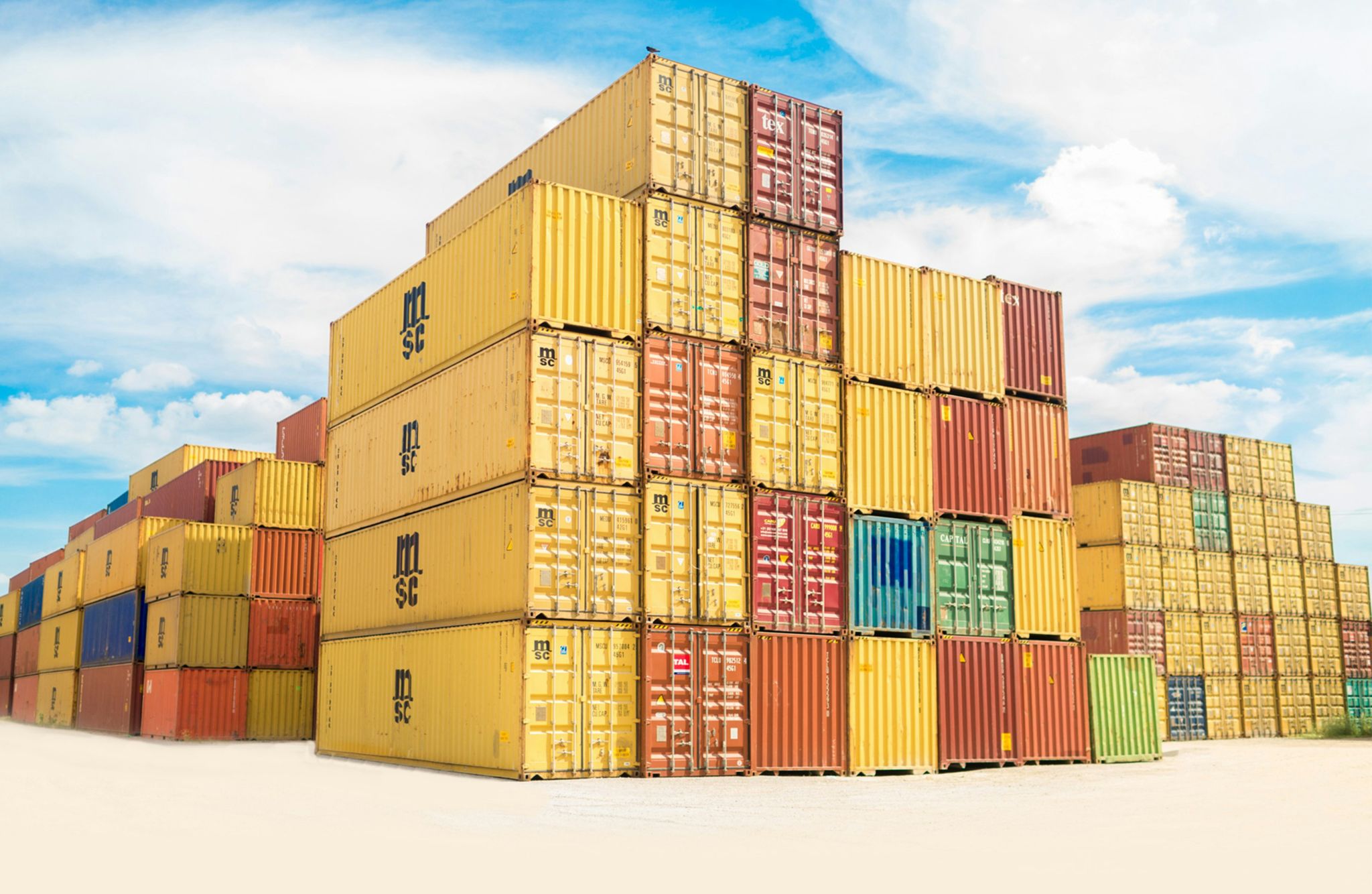Image: autopista.es
ECO-FUELS ARE LIQUID FUELS THAT ARE CARBON-NEUTRAL OR LOW IN CARBON AND ARE PRODUCED FROM AGRICULTURAL, FORESTRY, FOOD, URBAN, AND PLASTIC WASTE.
Recently, the EU has recognized the role of eco-fuels as a solution to decarbonize transportation, responsible for 25% of the total greenhouse gas emissions in the European Union (EU). Therefore, it has included some synthetic fuels as fuels that can be used starting from the year 2035, along with electricity.
Eco-fuels are perfectly compatible with the current vehicle fleet and existing distribution systems (gas stations or tanker trucks), so they do not require additional investments or changes in infrastructure or user behavior.
They reduce CO2 emissions and other atmospheric pollutants such as nitrogen oxide (NOx) or particulate matter (PM) by using renewable and recyclable raw materials. Furthermore, they contribute to the circular economy by utilizing waste that would otherwise end up in landfills or incinerators, thereby generating added value and local employment.
However, to implement renewable fuels in Spain, a stable and ambitious regulatory framework is necessary to incentivize their production and consumption. Several companies are already working on the development and production of renewable fuels for land, air, and maritime transportation.












